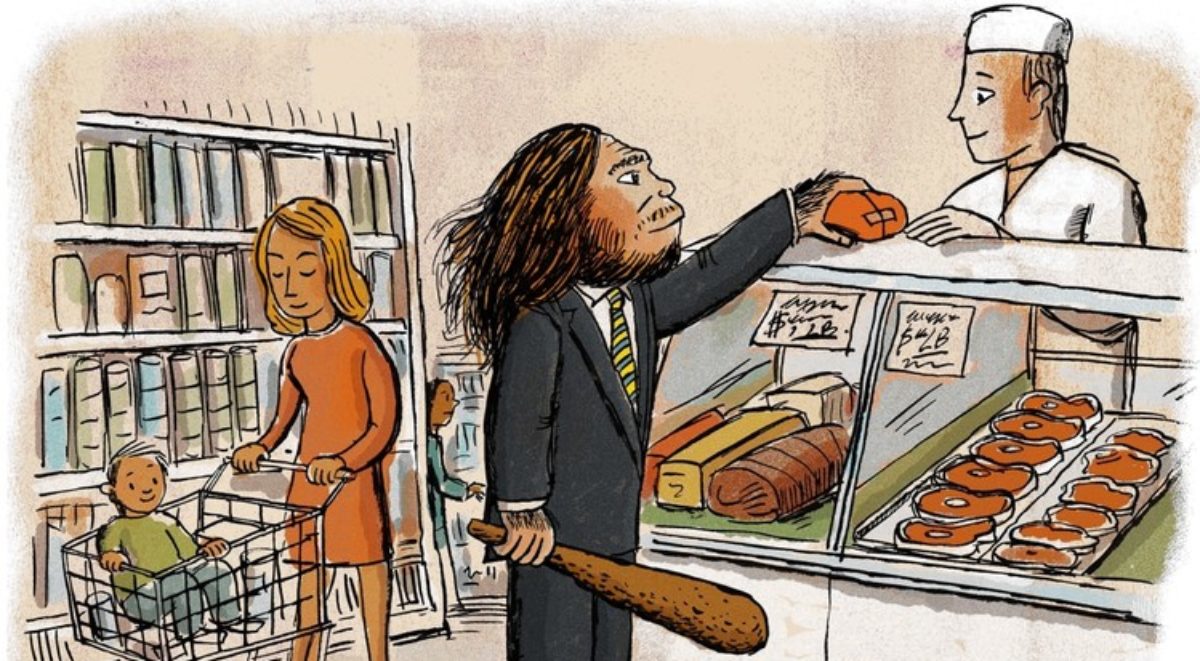In this chapter, the pros and cons of agriculture on human evolution is explored. Dr. Zuk addresses the viewpoint that the major milestone of the hunter-gatherer transition to agriculture “was the beginning of a downward spiral”. She quotes Jared Diamond’s “The Worst Mistake in the History of the Human Race”: “With agriculture came the gross social and sexual inequality, the disease and despotism, that curse our entire existence.” There are also claims that civilization is supported by agriculture yet agriculture is unsustainable, and that the mismatch between our biology and the world created from agriculture is the cause of “nearly every single major disease” affecting us today.
The first point that Dr. Zuk clears up about these pessimistic views is that anthropologists distinguish 3 types of agriculture: horticulture, pastoralism, and intensive agriculture.
Intensive agriculture is what we most recognize as farming today, such as rice farming cultures in Southeast Asia. It leads to settlement in one place, the selling of crops, division of labor that is not always divided equally, and the stratification of society. There would have been a shift in the proportions of proteins and carbohydrates in the diet to the more reliable starches. The gradations in agriculture make it difficult for us to really pinpoint when the woes correlated with agriculture first appeared. In addition, the move to agriculture would have been an irregular but realistic progression. However, having a wide range of crops could increase the variety of micronutrients in the diet while also providing a cushion for food shortages.
One of the undesirable effects of agriculture is the proliferation of new diseases. Settling down with farming, pathogens present in human waste were able to stay in one place and spread through the whole community. Diseases couldn’t establish themselves when populations were continually moving around. In addition, the domestication of animals that came with farming would have allowed prolonged human exposure to animal diseases.
On the other hand vitamin deficiencies could have also become present because agriculturalists tend to have less variety in their diets. Also, agriculture could have shifted human’s views towards nature from respect to a need for control, which has led us to some of the environmental issues we see today.
With all of these cases for the pros and cons of agriculture, Dr. Zuk highlights that evolution’s consequences are unintended. Evolution is constant but it is not goal-oriented. She argues that we were not on a “predestined path toward enlightenment when agriculture suddenly threw a plow into the works”. Pun definitely intended.

